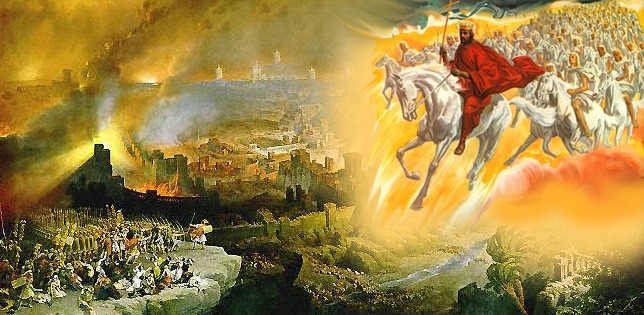Pastor Joshua Mhlakela claims that in a vision he was told by Jesus the date of His return is September 23-24, 2025. In the vision, Joshua says that Jesus declared He would “come to take my church.” These dates are interpreted by many believers as marking the Rapture an event where true Christian followers are taken up to heaven.
What Is the Rapture?
The Rapture is the belief that Jesus will return to gather the faithful—both those who have already died and those still alive—and take them to heaven. Following that, those left behind will face trials, chaos, and destructive events on Earth. It is seen by many as part of a larger sequence of prophetic events, including a period of tribulation lasting several years. Some expect seven years of suffering before the final conflict and ultimate peace.

Connection to Jewish Calendar
Supporters of this prediction point to the alignment with Rosh Hashanah, also known as the Feast of Trumpets. September 23-24, 2025 correspond with this Jewish observance. Because this feast is associated in some religious traditions with prophetic trumpet calls and divine intervention, its timing is viewed by these believers as significant.
Signs, Reactions, and Warnings
The prophecy has sparked debate and discussion across social media and religious communities. Believers express urgency and anticipation, interpreting global unrest and natural disasters as precursors to prophetic fulfillment. Others urge caution, warning against setting specific dates for future events of a divine nature. They remind that many religious texts say no one truly knows the day or hour of the return.
The “After” Scenario
According to the vision, following the Rapture, there will be “chaos and destruction.” Some say that in the aftermath, global institutions, international events, and even cultural or sporting events might be disrupted, citing that one claim suggests there will be no 2026 World Cup. The period of turmoil is expected to last years, before a final return of Christ as King.
Contrasting Views
Not everyone accepts this prophecy. Many religious scholars caution that past predictions of Jesus’s return have failed. They argue that setting a precise date contradicts text that says Jesus’s return will come unexpectedly. Some believers focus instead on personal preparation and spiritual readiness rather than trying to anticipate events exactly.
Implications If True
If the prediction turns out to be accurate, the implications would be enormous. Believers would view it as confirmation of prophecy and a divine schedule set in motion. It would demand urgent reflection, repentance, and faith among followers. For nonbelievers, it could challenge beliefs or provoke fear, depending on how widely this prophecy spreads and how seriously it’s taken.

Conclusion
Regardless of whether this vision proves correct or not, the announcement serves as a reminder of powerful hopes and deep convictions many hold about the future. Predicting a date for a divine event has always stirred tension between faith, uncertainty, and watchfulness. In a world with constant turmoil, the idea that something profound is looming can bring both solace and anxiety. Ultimately, for many, the message is less about calendars and more about being prepared in heart, mind, and community—for what might lie ahead.

















